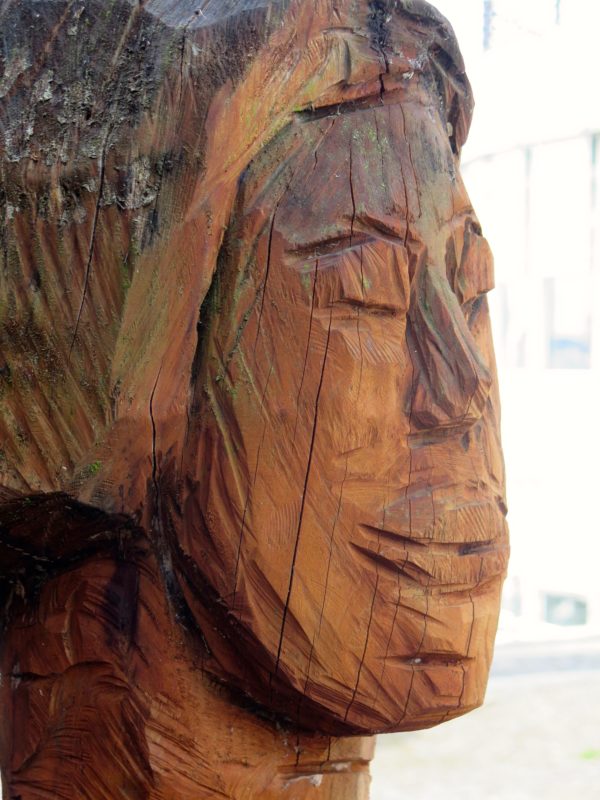
Today’s profile in this week on courage is about a man who lost his face. It was literally eaten up by a bacterial infection the day after birth. Worse than the physical assault and the endless reconstructive surgeries it necessitated throughout his life, was the fact that his parents abandoned him on the spot.

He lived to write a book about surviving in the absence of love, a void confirmed by a harrowing meeting with his mother when he seeks her out as an adult. 38 years of the most painful life culminate in encountering a shallow, narcissistic, defensive human (?) being who accuses him of making her feel bad. Howard Shulman, then, is testimony to resilience, a capacity to persist in the face of, in his case, unimaginable difficulties.

Passover inspired my associations with courage this week; it was a week that saw official US governmental reflections on the holocaust describe it as a something where chemical weapons were not used on “one’s own people,” who had been sent to holocaust centers (known to the rest of us as concentration camps). The decision who is one’s own, and who is not, based on race, orientation, religion and in Shulman’s case mere looks, who deserves abandonment or even death is not something only from the history books. Imagine my joy, then, when a message of inclusivity reached me from North Dakota, headlined: the most radical seder in the history of North Dakota: progeny had created a special seder plate.







Nicky Larson
A horrendous story and an overwhelmingly beautiful plate which makes me cry.
Tricia
Thank you. Lovely work.